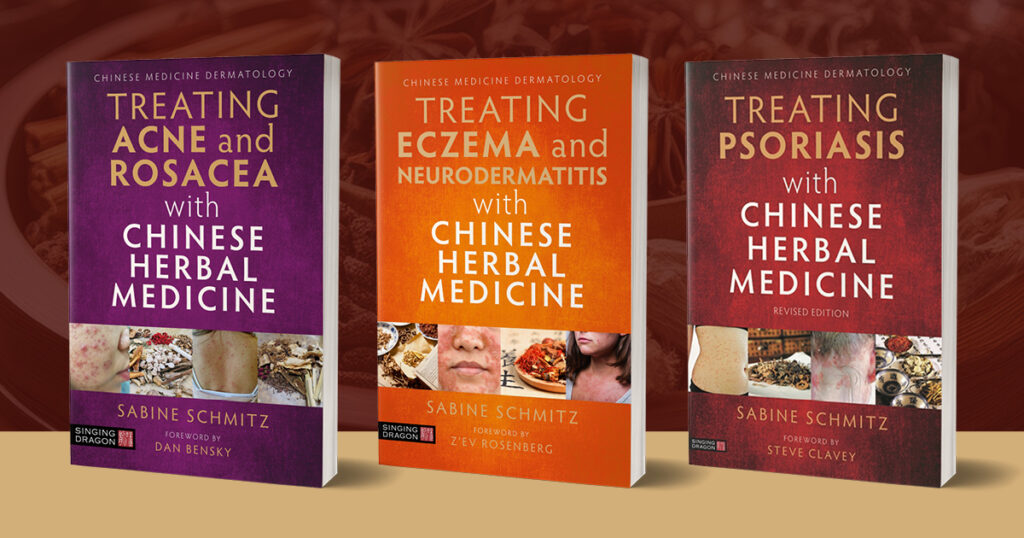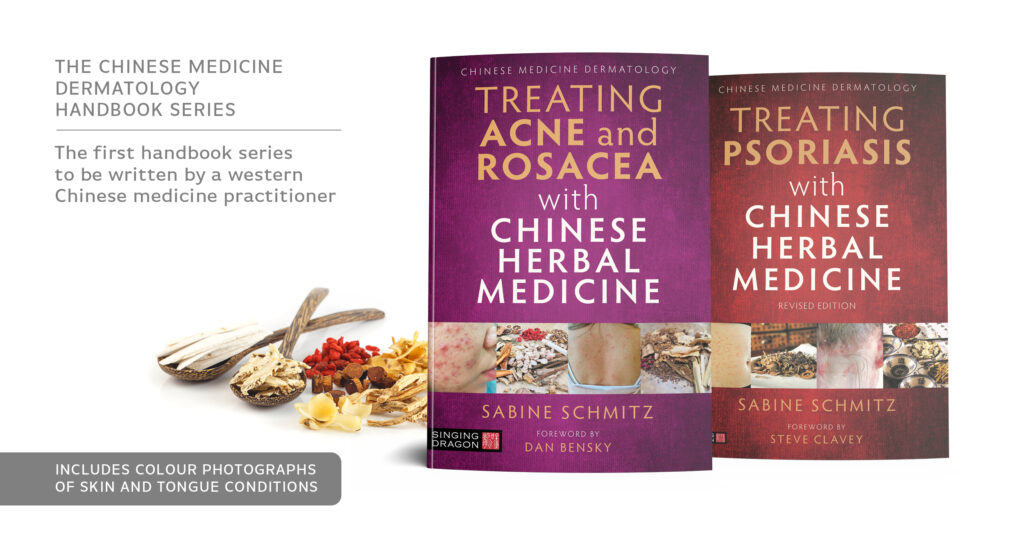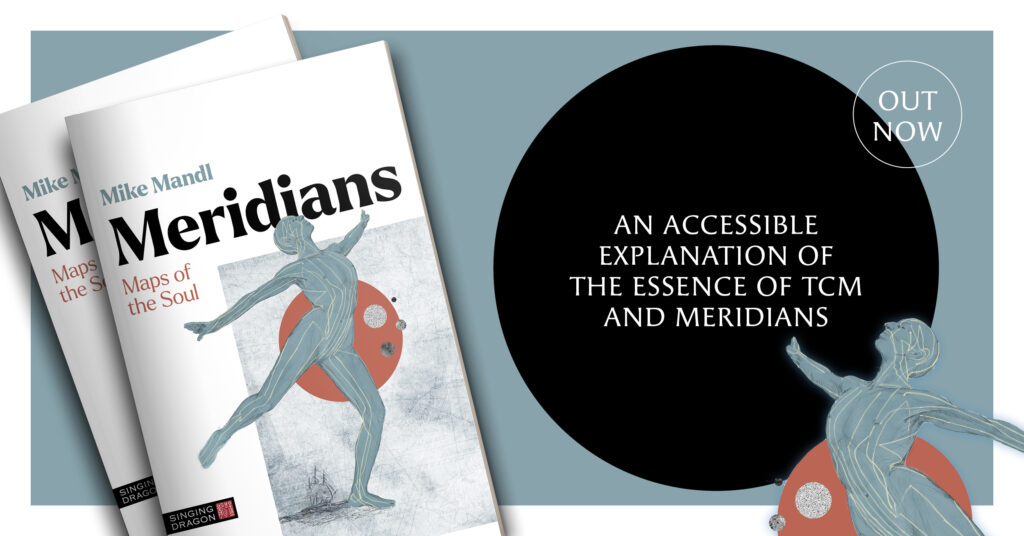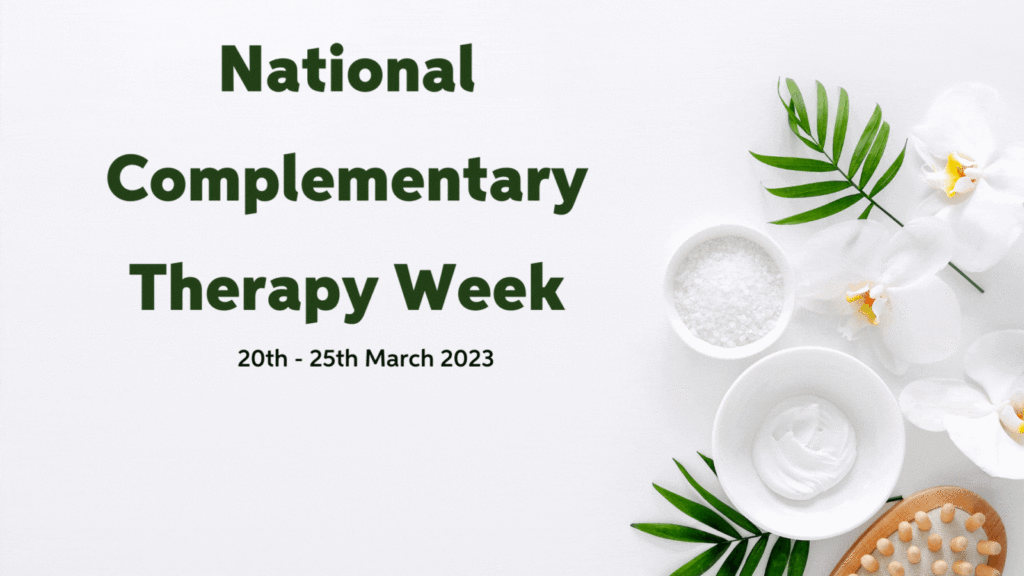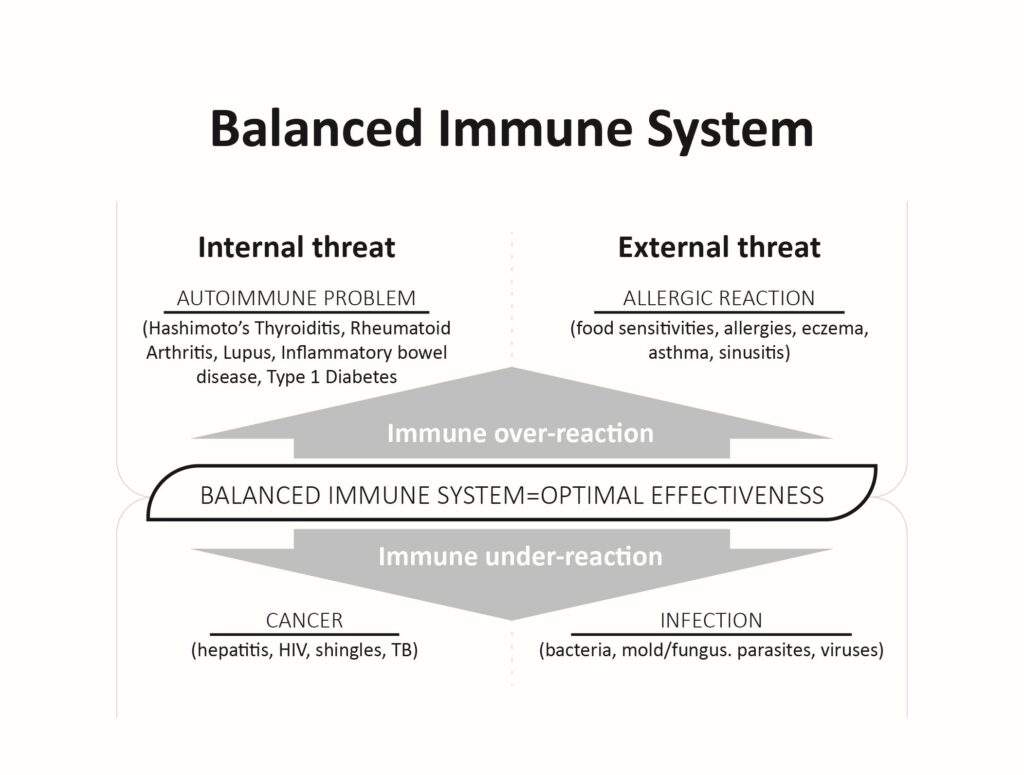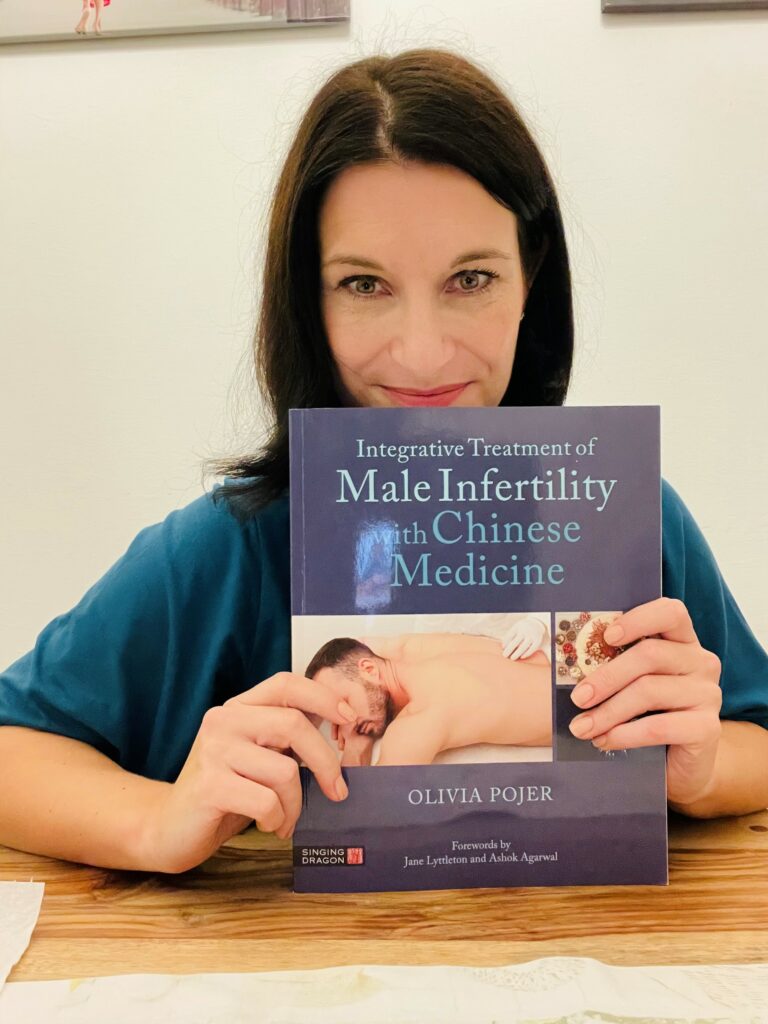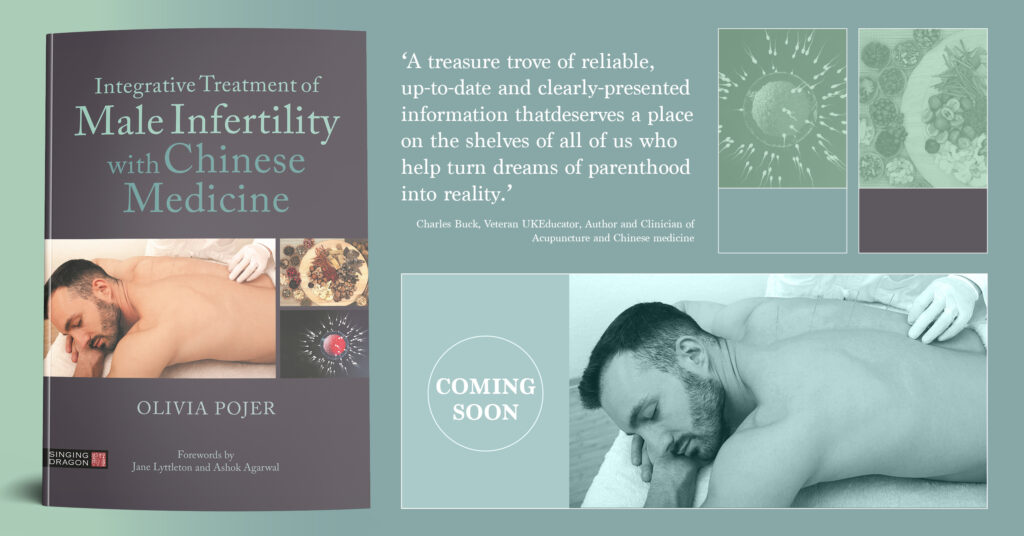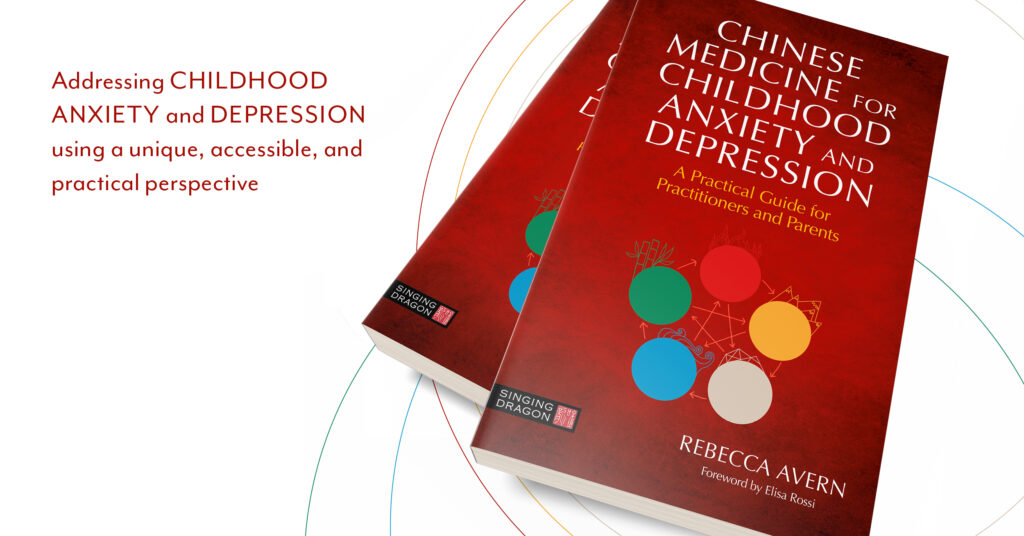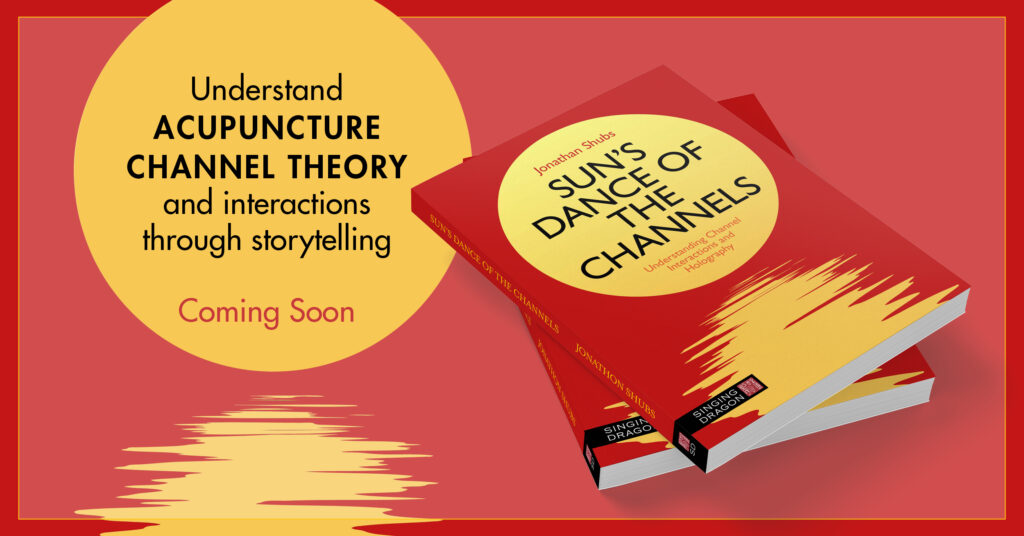Ahead of the publication of her newest book, Sabine Schmitz, talks about why she wrote the newest book and what you the role of Chinese herbal medicine in dermatology.
What inspired you to write a book about treating eczema and neurodermatitis with Chinese herbal medicine?
That’s an easy one to answer: During my TCM studies in China, I had quite a hard time finding English literature on Chinese dermatology that covered the various specialized topics. This was especially challenging since I needed to write my Master’s thesis on psoriasis. As a Westerner, I spent hours, even days, searching for books and reading literature that often wasn’t specific enough and repetitive. That’s how the idea to write a handbook series on TCM dermatology came about, to fill this gap in the literature. And let’s be honest, a medical tradition with over 2,500 years of experience should have appropriate publications on these topics. In Western medicine, there are numerous specialized books for each medical field—a tradition I wished for in TCM as well. This is crucial to making knowledge accessible to many therapists and laying the foundation for specialization.
